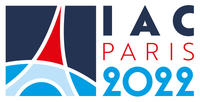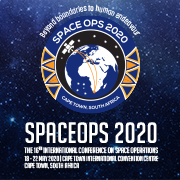›5th International Colloquium - Scientific and Fundamental Aspects of the Galileo Programme
OBJECTIVES OF THE COLLOQUIUM
This colloquium brings together members of the European scientific community and their international partners involved in the use of GNSS signals in their research, specifically Galileo signals. The various possibilities to use navigation satellites such as Galileo satellites for scientific purposes shall be reviewed. The Colloquium shall contribute to GNSS development in general based on scientific approaches, in particular to raise awareness of those in charge of Galileo development and operations as well as in development of recent scientific achievements in the field.
The colloquium will address four major areas of research:
Scientific applications in meteorology, geodesy, geophysics, space physics, oceanography, land surface and ecosystem studies, using either direct or reflected signals, differential measurements, phase measurements, radio occultation measurements, using receivers placed on the ground, in airplanes or on satellites;
Scientific developments in physics with a potential impact on future GNSS, particularly in testing fundamental laws of physics, quantum communication, and general relativity (in particular also taking into account the scientific opportunities in tracking the first two Galileo FOC satellites with elliptical orbits);
Aspects of Metrology such as reference frames, on board and ground clocks, precise orbit determination and time and frequency transfer;
Scientific aspects of satellite navigation and positioning such as signal propagation, tropospheric and ionospheric corrections and means to model and mitigate multipath and interference.
The conference will be organized as a series of plenary talks, parallel half day sessions and poster presentation throughout the duration of the event.
Track this event on your Apple calendar














 Germany
Germany